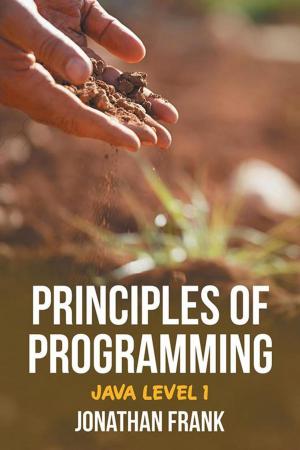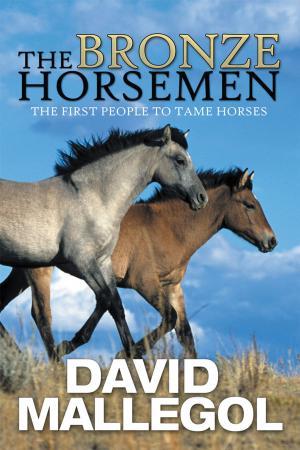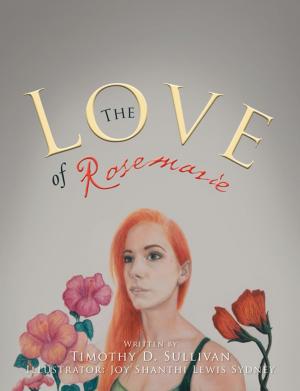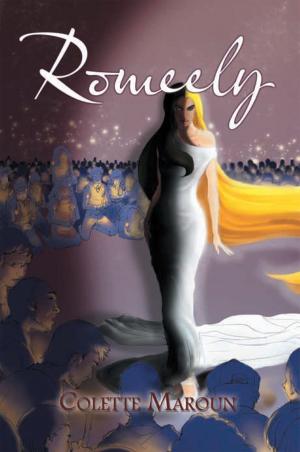| Author: | Ross Channing Reed PhD | ISBN: | 9781477174630 |
| Publisher: | Xlibris US | Publication: | February 10, 2009 |
| Imprint: | Xlibris US | Language: | English |
| Author: | Ross Channing Reed PhD |
| ISBN: | 9781477174630 |
| Publisher: | Xlibris US |
| Publication: | February 10, 2009 |
| Imprint: | Xlibris US |
| Language: | English |
Philosopher Ross Reed, Ph.D., refers to an eclectic array of thinkers in Love and Death: an Existential Theory of Addiction in particular, existential philosophers Soren Kierkegaard (1813-1855) and Jean-Paul Sartre (1905-1980). According to Dr. Reed, addiction is usually the result of existential or life conditions rather than underlying physiological problems. Therefore, it may involve not only drugs or alcohol but also relationships, belief systems, activities, and even emotional states. Anything that can serve to deflect ones consciousness from reflectively apprehending the task of becoming oneself can serve as an object of addiction. If the object is another person, one might ask whether in fact addiction can masquerade as love. Is it possible to believe that you are in love with someone when in fact you are merely addicted to him or her? In this creative and provocative work, Reed argues that Sartres theory of love is in fact a theory of addiction.
Philosopher Ross Reed, Ph.D., refers to an eclectic array of thinkers in Love and Death: an Existential Theory of Addiction in particular, existential philosophers Soren Kierkegaard (1813-1855) and Jean-Paul Sartre (1905-1980). According to Dr. Reed, addiction is usually the result of existential or life conditions rather than underlying physiological problems. Therefore, it may involve not only drugs or alcohol but also relationships, belief systems, activities, and even emotional states. Anything that can serve to deflect ones consciousness from reflectively apprehending the task of becoming oneself can serve as an object of addiction. If the object is another person, one might ask whether in fact addiction can masquerade as love. Is it possible to believe that you are in love with someone when in fact you are merely addicted to him or her? In this creative and provocative work, Reed argues that Sartres theory of love is in fact a theory of addiction.















